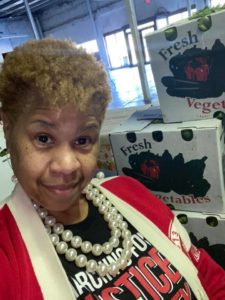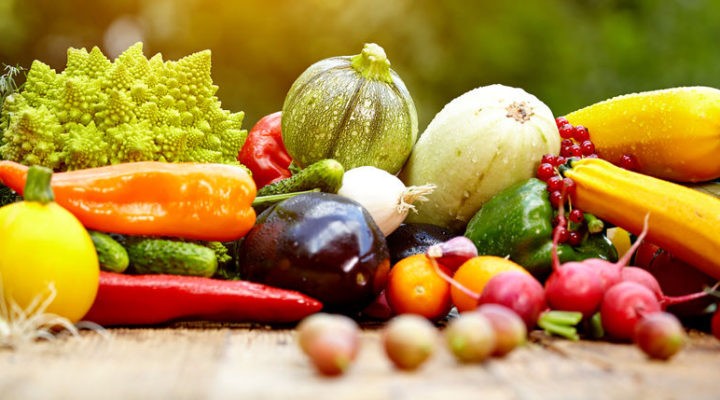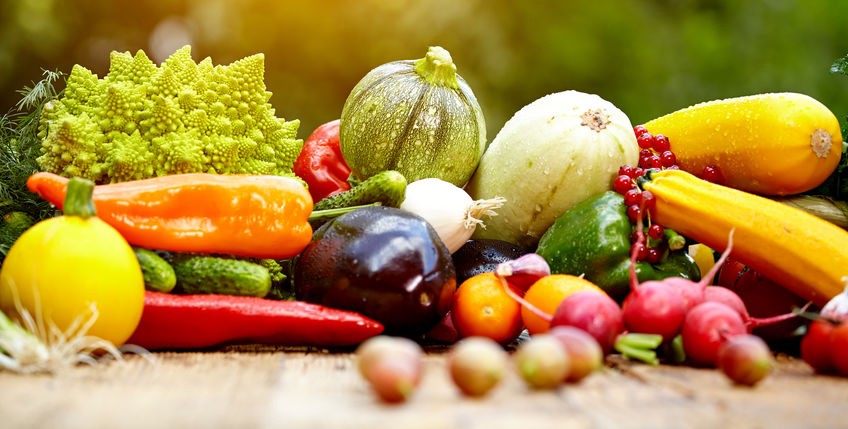Together for Hope is venturing full force into the realm of proposing legislation and lobbying to finance an expansive anti-hunger initiative in Mississippi.
“I’ve never participated in a grassroots campaign quite like this,” said Jason Coker, national director of Together for Hope, the Cooperative Baptist Fellowship’s rural development effort.
The organization has forged alliances with the American Heart Association, the Therizo Foundation and other individuals and groups in an effort to secure $700,000 a year in state funds to boost spending on the Supplemental Nutrition Assistance Program, also known as SNAP.
The new campaign, which will include lobbying at the state Capitol, is being financed by a $198,000 grant from Voices for Healthy Kids.

Jason Coker
The grant application was co-written by Together for Hope and the American Heart Association, marking a first for the CBF organization, said Coker, who also serves as coordinator of CBF Mississippi. “We certainly never participated in a grant co-written to get nearly $200,000.”
Building a coalition of grocery store, farming and food groups across the state is another hallmark of the campaign, whose leaders are writing model legislation for which there already is bipartisan support, Coker said.
The economics of the approach — including $1.5 million pumped into local economies across the state — is what helps sell it.
“It’s just connecting the dots between the people and the politicians by saying if you are a SNAP recipient, you can go to a participating store and for every vegetable you buy, you get another one free. It’s the same for fruit, dairy and meat,” Coker said.
Farmers and grocers will sell more food, while customers stretch their dollars and increase their intake of healthy food, he explained. “Every SNAP dollar translates into $1.70 for local farmers and grocers.”
A CBF post about the project predicted the campaign will have a “butterfly effect” throughout the state’s economy, beginning with farmers and farmers’ markets, followed by local communities. It said: “The hope is that these communities could then have a much heavier reliance on their local farmers for their food-related supply needs as opposed to relying on importation of goods from bigger farming businesses.”
Further positive economic impacts are expected in the transportation, distribution and grocery industries. Altogether, these gains would help systematically reduce food insecurity, according to the post.

L’Nicole Stringfellow
“Around 80% of what is grown is exported, and a lot of the food for people is imported,” L’Nicole Stringfellow, vice president of Together For Hope’s Delta region, said in the post. “If we can figure out what farmers are able to grow, and give them access to do so, that will keep money in the area.”
The health need is pressing. Mississippi is listed among the top 10 states with households experiencing hunger and an adult obesity rate of more than 35%.
“The Mississippi Delta is a food desert, and some people have to drive 15 to 45 minutes one way to get to a grocery store,” Stringfellow said. “For lots of people, convenience stores are their grocery stores, and that’s not a good thing.”
What is a good thing is the coalition approach to attacking hunger, Coker said. “This is a great model for other state regional organizations. It’s a first-of-its-kind for us, and I am going to use it as a model going forward.”


